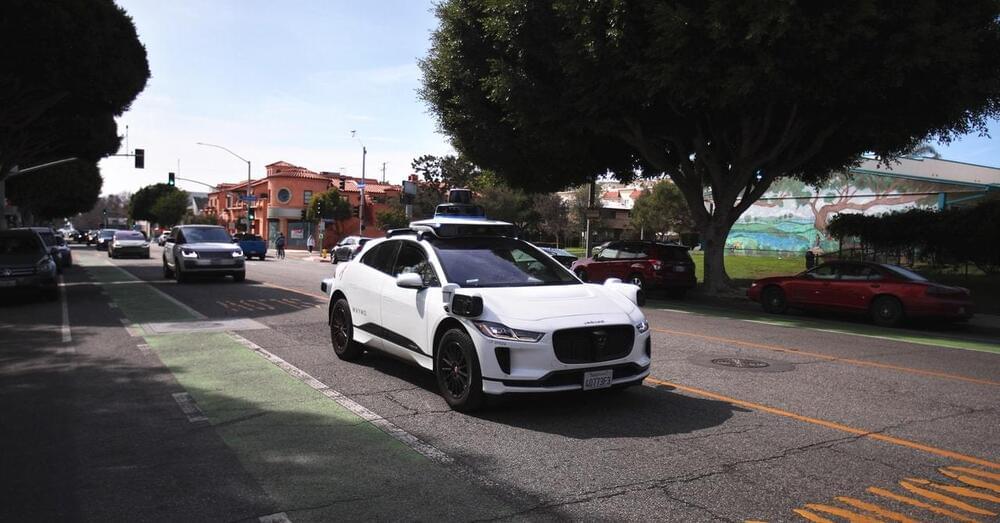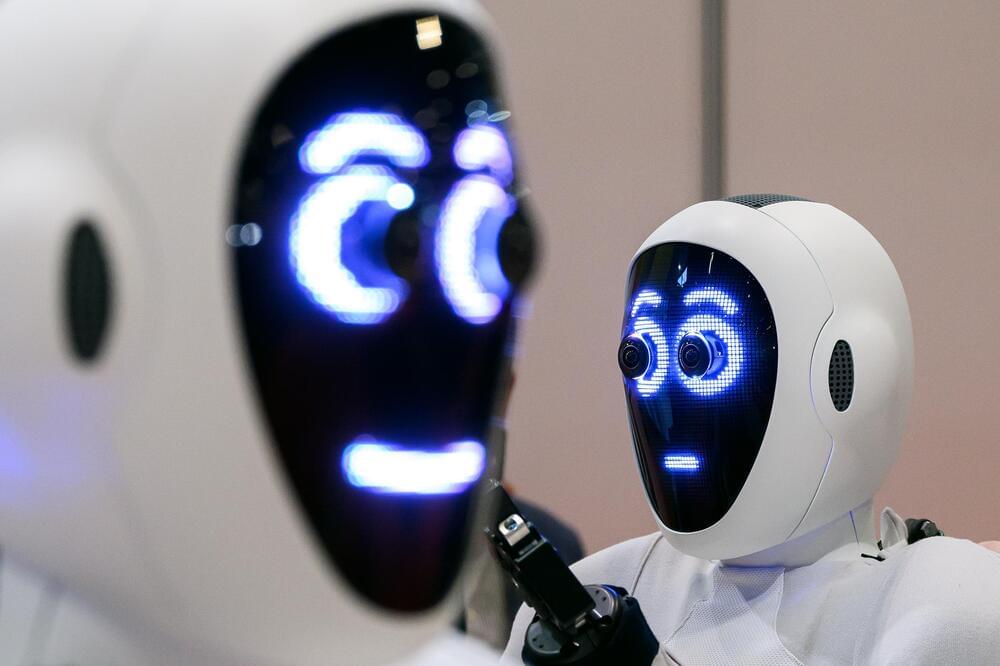Dive into the future of road safety as Toyota introduces the world’s first self-drifting GR Supra, combining racing instincts and AI magic!



Though highly capable – far outperforming humans in big-data pattern recognition tasks in particular – current AI systems are not intelligent in the same way we are. AI systems aren’t structured like our brains and don’t learn the same way.
AI systems also use vast amounts of energy and resources for training (compared to our three-or-so meals a day). Their ability to adapt and function in dynamic, hard-to-predict and noisy environments is poor in comparison to ours, and they lack human-like memory capabilities.
Our research explores non-biological systems that are more like human brains. In a new study published in Science Advances, we found self-organising networks of tiny silver wires appear to learn and remember in much the same way as the thinking hardware in our heads.
Strategic capability
The development of the new technology was done for the effective utilization of drones in life-saving search and rescue operations, as well as the dependable delivery of packages. For this, their ability to navigate through dynamic environments seamlessly and without mishaps is crucial.
Boston Dynamic’s legged robots won the internet by doing parkour and dancing to classic R&B. The company’s founder Marc Raibert now leads an institute trying to make the machines more independent.

Shift Robotics is set to introduce its latest innovation, the Moonwalkers X, at CES 2024, showcasing advancements that make these robotic shoes significantly lighter, quicker, and smarter than their predecessor.
The Moonwalkers X, with six wheels instead of 10, is poised to redefine the landscape of commercial mobility. Xunjie Zhang, CEO and founder of Shift Robotics, expressed excitement about the upcoming launch, stating, “With Moonwalkers X, we’ve redefined lightweight mobility by trimming nearly a pound from the original design.”
An AI trained to hunt for technosignatures from intelligent alien life found 8 interesting signals on its first deployment.


The world’s largest ultra-high-altitude wind farm came online on January 1 in Tibet, or what China now refers to as the Xizang Autonomous Region.
The 100-megawatt (MW) wind farm is at an altitude of 4,650 meters (15,256 feet) in the Seni District. A wind farm built at 3,500 (11,483 feet) to 5,500 feet (18,045 feet) is considered ultra-high.
Its developer, CHN Energy, will use the wind farm for R&D to further develop large-scale ultra-high-altitude wind farms. But in the meantime, this wind farm is providing clean electricity to 140,000 households in Nagqu City, the largest of Tibet’s prefecture-level cities.

Here’s my new Opinion article for Newsweek on AI!
Like so many in America, I watch astounded as generative artificial intelligence (AI) evolved at lighting speed in 2023, performing tasks that seemed unimaginable just a few years ago. Just last month, a survey found that nearly 40 percent of more than 900 companies were planning to cut jobs in 2024 in part because of AI. If robotics takes a giant leap in the next 12 months, as some suspect, then the survey might end up being too conservative. Generative AI combined with humanoids, which many companies are racing to turn out, is a game changer. Construction jobs, physician jobs, police jobs, and many more will soon be at stake.
Clearly, capitalism is facing a crisis. For years, I have advocated for a Universal Basic Income (UBI), as a way to transition society into the AI age. My method was by leasing out the trillions of dollars worth of empty U.S. federal land to big business, and using some of the proceeds to pay for a basic income for every American. However, any method of a basic income will now help offset the loss of jobs AI will bring.
But recently, chatter about something else is being thrown around in internet chat rooms, in congressional halls, and in arguments at holiday dinner tables: nationalizing AI.
It’s a bad idea. For starters, I don’t want big government in the innovation business; it already has a hard enough time trying to keep people out of poverty. Right now, 1 in 5 kids in the U.S. is going to bed hungry or malnourished at night, and America’s homeless problem is the worst it’s been in my 50 year lifetime.
Elon Musk Discusses AI, Longevity, and Bots with Peter Diamandis.
Technology, innovation, and optimism are crucial for solving global challenges and crafting a better future for humanity.
Questions to inspire discussion.
What are the challenges of the next iteration of Starlink satellites?
—Elon Musk discusses the challenges and potential of the next iteration of Starlink satellites, including the need to emulate a cell tower on the ground for phones to accept the signal.